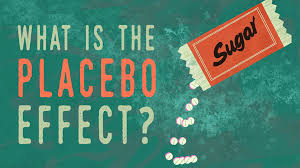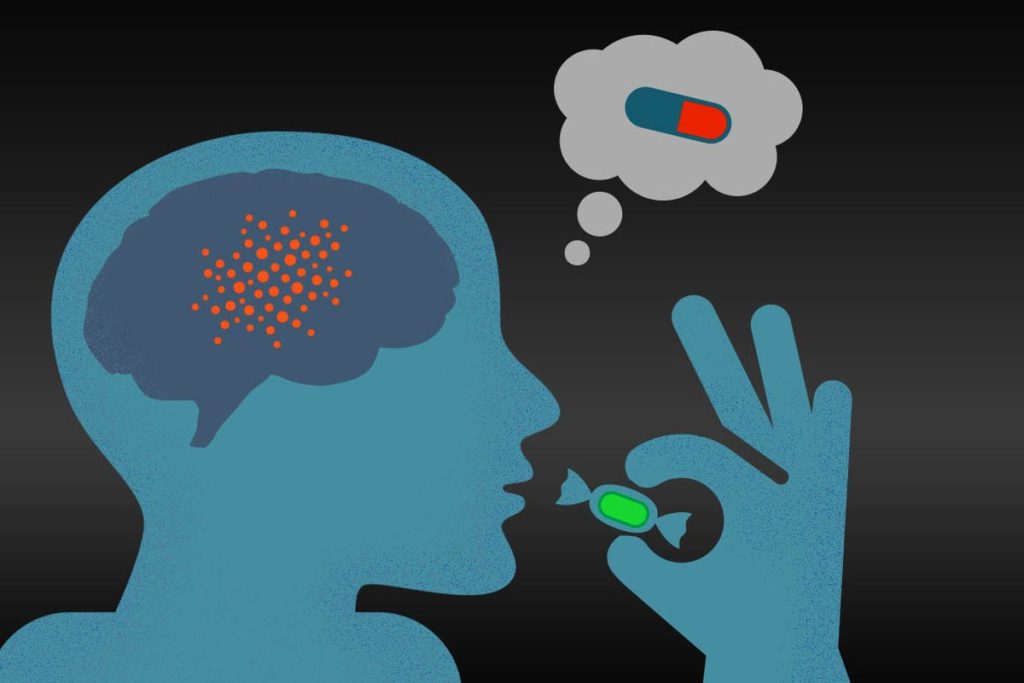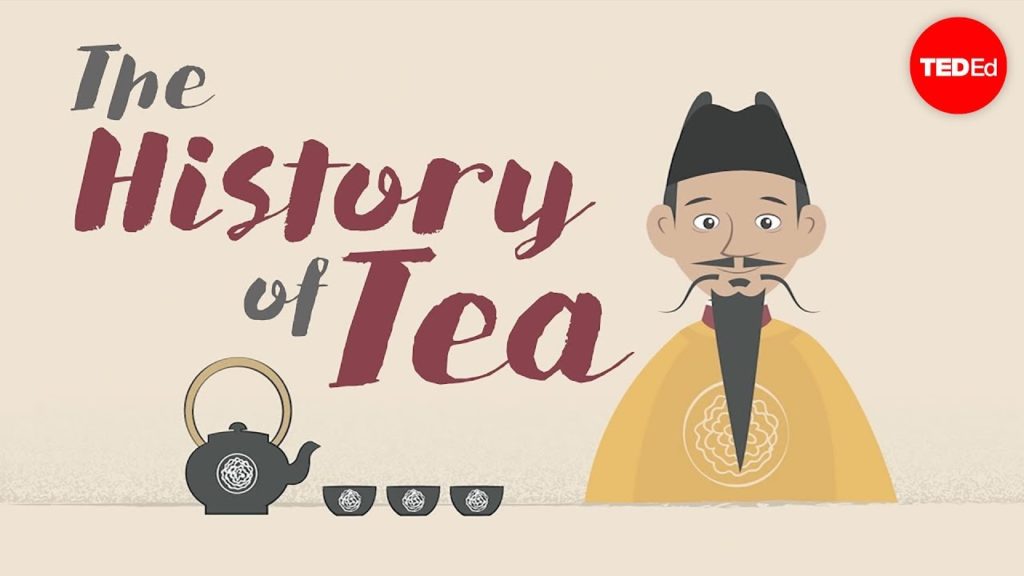The power of the placebo effect

Do you remember the way your mum kissed you to forget the pain in childhood? And if it worked for you then that’s the effect of placebo. The kiss wasn’t the cure but you had faith in it.
Placebo was discovered during the 1700s when the researchers realized the power of fictitious drugs to improve people’s symptoms. The name was derived from Latin meaning ‘I shall please’. And by the 1950s, this was used as a general tool for examining new treatments.
For example, To study the effects of examinational drug, we give one group of people the drug and to the other group, a placebo they would have no idea of because both look similar and are consumed in the same way. The placebo given contains no active drug, so any contrast seen between the two groups should be a direct result of taking the investigational drug.
But people want to get cured badly, they can deceive themselves into thinking that consuming the drug and will definitely work which can result in people feeling better despite being in the placebo group, they can also develop any effects seen in the scrutiny drug group, i.e. their high anticipations of the drug can make it seem like it is working fine than.
All this might sound satisfying but the results will be erroneous because it will give the researchers the wrong idea of giving treatments that won’t work.
Contents
Peculiar advantages
- It triggers physiological factors and improves the symptoms
- measurable change in blood pressure
- maintain heartrate
- emit endorphins
- diminish stress hormones
But
we can help to diminish the risk that placebo effects hold, by not sharing what you feel to the other participants because that will swap the outcome of the study and escalate the influence of the feelings, miss out on drugs that are proven to work, and positive influence will fade.






Responses